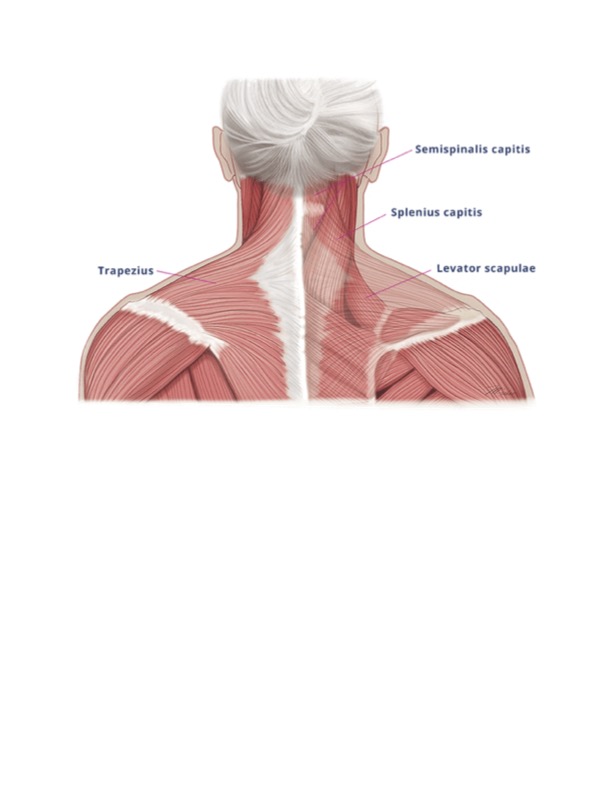
Hello everyone! This is an installment of the Newspaper’s series on mental conditions and disorders. I find the variety of ways that the brain works to be extremely fascinating, so I have been exploring them. I hope you enjoy these presentations of my research. Many of these conditions are considered ‘disorders’ because they are different than what we are used to and could make operating in the world challenging. But, these conditions can cause reflection on what is ‘normal’ – both in terms of brain function and in terms of what we expect in society. If you have any questions or requests on topics, email me -> Hiruni Manawadu
Dystonia is one of the most common movement disorders. It is a neurological condition that mainly causes the muscles to contract involuntarily. This could cause repetitive/twisting movements and dystonic tremors (read our article on the different types of tremors!!) out of someone’s control. It’s an incredibly complex condition and affects not only movement. The pathways associated with movement are associated with emotion, memory, control, and other functions. This puts people with dystonia at a higher risk of developing other disorders, as is the case with most conditions. It’s incredibly common for people with dystonia to develop depression and anxiety, along with sleep disturbance, pain, and sensory signs.
